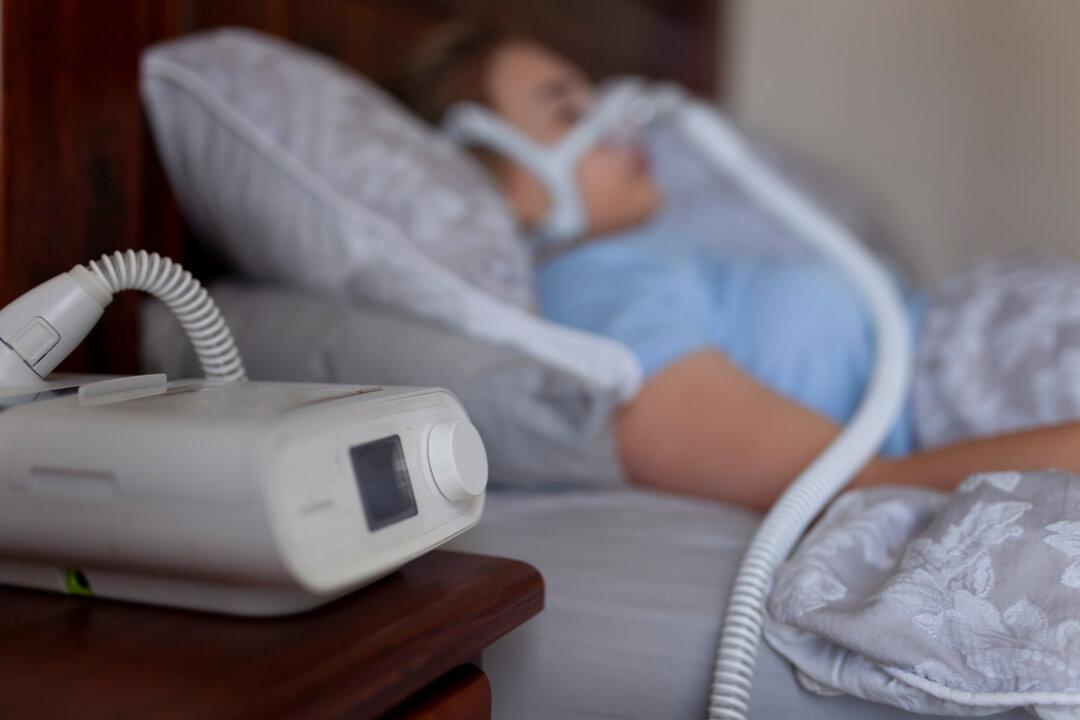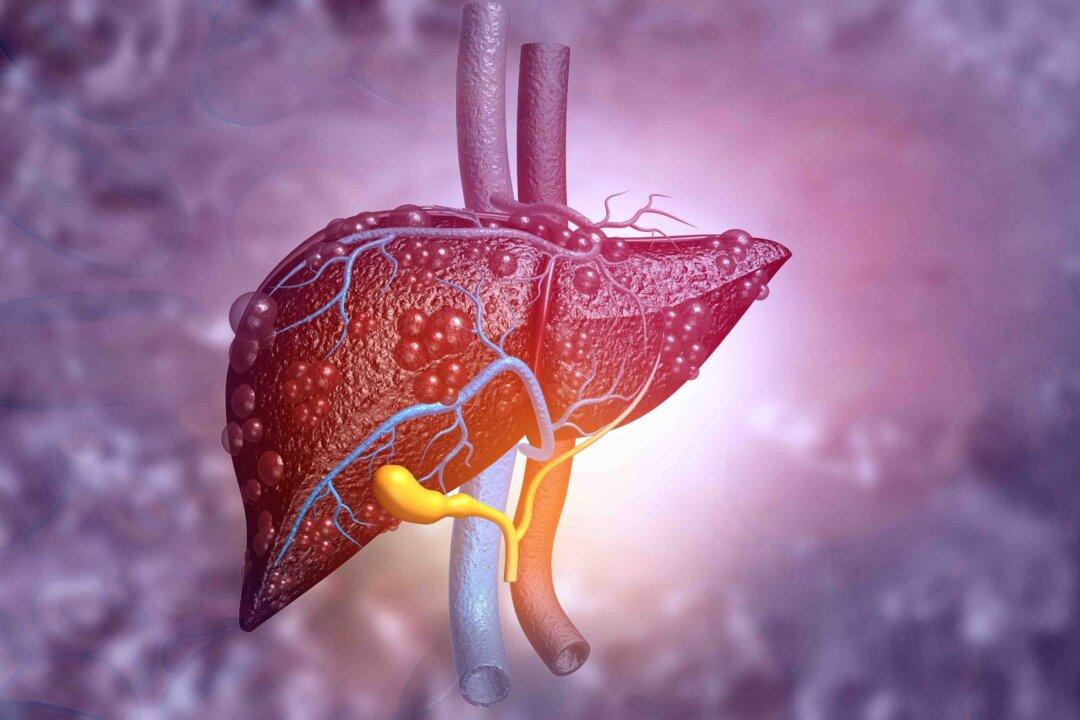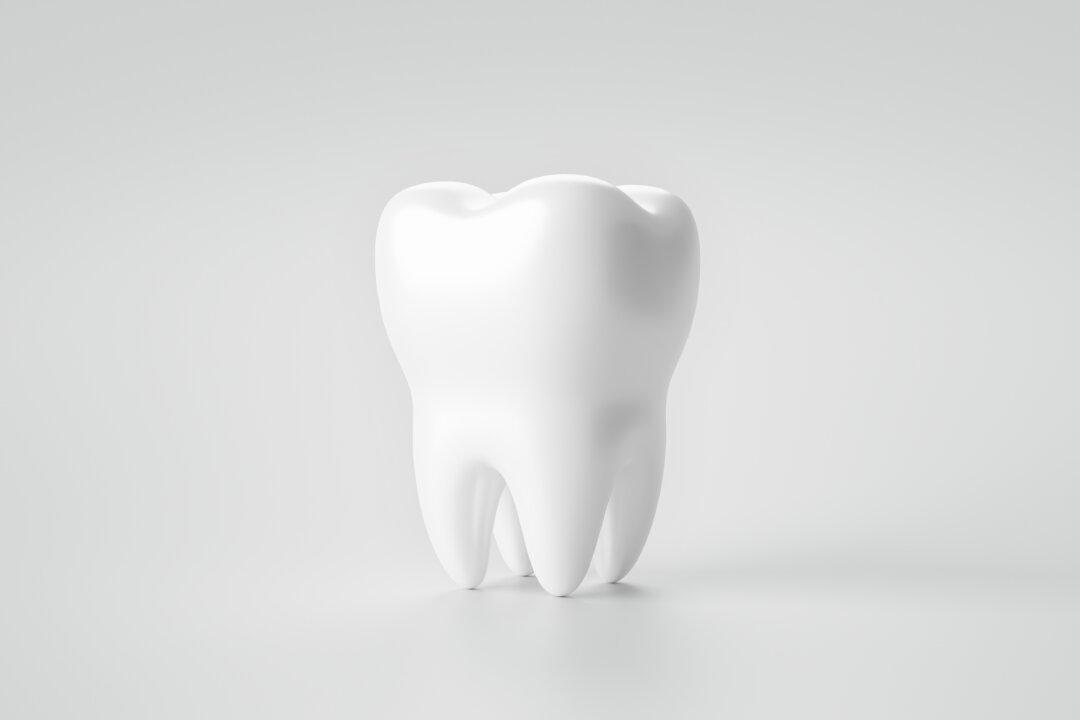New research suggests that people who suffer from a sleep disorder have an increased risk for hospitalization by COVID-19. The study from Cleveland Clinic has found this relationship, noting that patients with sleep-disordered breathing and sleep-related hypoxia (sleep apnea) do not have an increased risk of developing COVID-19. Still, they do seem to have more severe symptoms from the disease.
The study published in JAMA Network Open was conducted to help improve the ability to predict who has a more severe illness so that healthcare workers can help those more at risk prevent severe symptoms.





